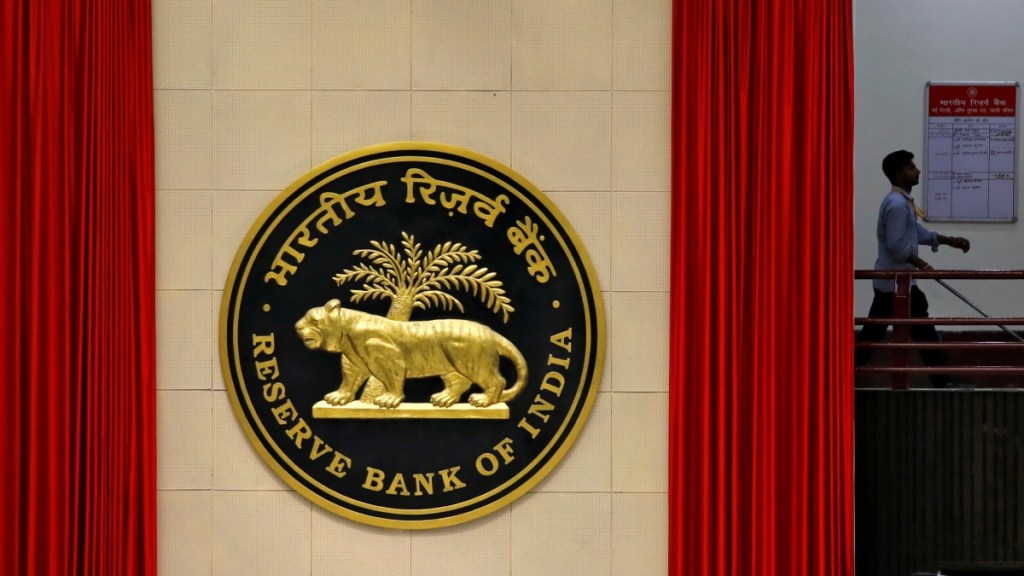Reserve Bank of India (RBI) governor Shaktikanta Das on Tuesday said that the second-quarter gross domestic product (GDP) numbers are expected to surprise everyone on the upside. The central bank had earlier projected the GDP to grow at 6.5% in the second quarter of the current financial year.
Speaking at an event organised by Business Standard, the governor said geopolitics poses the biggest risk for growth not just for India, but for the world, but the country is better placed than others to deal with such risks. The optimism, he said, stems from a “few early data points”.
The governor termed the inclusion of Indian government securities in the JP Morgan emerging market index as a vote of confidence in the Indian economy and the financial markets.
The governor allayed concerns regarding outflows of funds and said that the central bank is well-equipped to deal with outflows and inflows. “Last year, when outflows happened after the Ukraine war, they were handled in a seamless manner. Also, when inflows took place before the war, we took the opportunity to build up our reserves,” he said.
The governor also said that the RBI is looking at the high attrition rate of banks said that lenders should build a core team which stays with it for the long term. On the issue of regulating high compensation in private banks, he said that beyond setting fixed to variable pay ratios, the RBI does not interfere in private bankers’ compensations.
He reiterated his concerns about cryptocurrencies and called them a serious threat to financial stability for all countries, especially for emerging market economies. “I have yet to come across any credible explanation of what larger purpose cryptocurrencies serve. What can cryptos do that central bank digital currencies cannot do?” said the governor.
About the internationalisation of rupee, the governor said that it is a process and the role of rupee in global trade will rise gradually with the rise in the size of Indian economy.
Discussing the health of the Indian banking sector and non-banking financial companies, Das said both are currently robust and healthy at aggregate, and individual levels. He attributed this stability to the focus on good governance, emphasising that underlying financial numbers must not mask basic deficiencies. He stressed the RBI’s commitment to working with banks to address issues and maintain their stability. He also mentioned that the RBI pays close attention to bank IT systems and encourages corrective measures when necessary.

